I am writing about this not to tell you how to feed a few hundred pounds of worms, but to encourage a grass roots movement. Think of this as an alternative recycling opportunity where everyone wins.
- Everyone wins because:
- My worms benefit from having nice organic veggies,
- I benefit because I have a free supply of food and I can trust them to put only worm food in the bags,
- Lois’ benefits from having less food waste in their dumpster, and
- In the larger scheme of things, society benefits.
That’s right, society benefits. By having less waste go to the dump (or in this case the trash-to-steam incinerator), society benefits because less food waste equals less weight equals less fuel used to truck it around. Also, I learned from Chris of EcoMaine (the company who runs the incinerator) that organics such as food waste are a poor source of energy in the trash-to-steam process. They would rather not collect food waste.
I know I haven’t made a big difference but my little contribution fits the “think globally, act locally” concept.
In the course of a year, I probably keep a thousand pounds of food and yard waste out of the waste stream (both from my home and collections from Lois’). Scale that up a few-fold, and by outdoor composting in the summer and vermicomposting in the winter, we can all make a difference.
This makes me think: can we all reach out to grocers or restaurants in our community to see if they would be willing to set aside food waste for pickup during the spring, summer, and autumn for addition to our outdoor compost piles? Can we bring a 5-gallon bucket with us when we shop to pick up some waste veggies? Can we encourage our fellow gardeners, others in community gardens or garden clubs to do the same?
Originally published on March 1, 2009


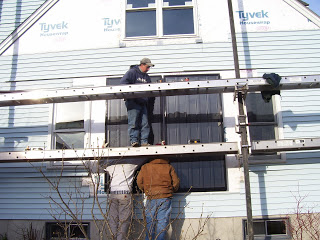
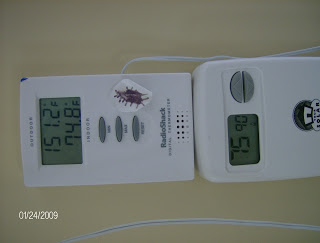

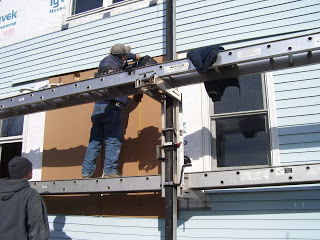
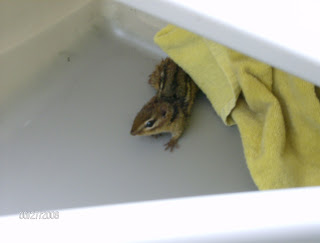
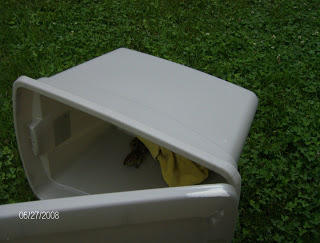
 RSS Feed
RSS Feed

